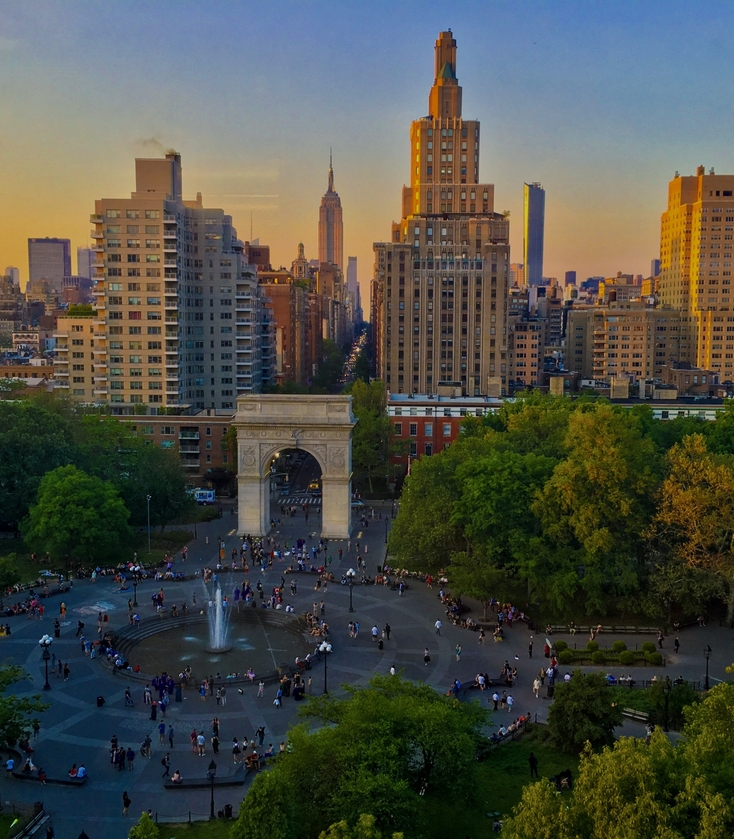
Climate Justice & Health Lab
The climate crisis has been described as the greatest threat to global public health. Disproportionate impacts on socially vulnerable populations like children, older adults, racial and ethnic minorities, low-income communities and disabled people are exacerbating existing health disparities. The challenge for public health researchers and practitioners is to learn how to best mitigate the health impacts of climate change while simultaneously promoting health equity and social justice.
Members of the Climate Justice & Health Lab (CJHL) will work together on research projects examining the long-term health impacts of acute disasters like Hurricanes Katrina, Sandy and Ian, as well as the California wildfires. We will also examine how communities grapple with risk perception and decision-making for slow onset climate disasters such as sea-level rise and coastal erosion. Using both quantitative and qualitative methods, lab members will develop the skills needed to form a holistic approach to understanding the health impacts of climate change and disasters.
Goals of CJHL:
- Use interdisciplinary research to advocate for communities impacted by climate change and disasters
- Provide mentorship for students motivated to study the intersection of climate and health
- Create a community of learning and knowledge sharing for GPH students who are interested in the climate emergency
- Use a team-science approach to understand how to mitigate and adapt to the impact of climate and disasters on health